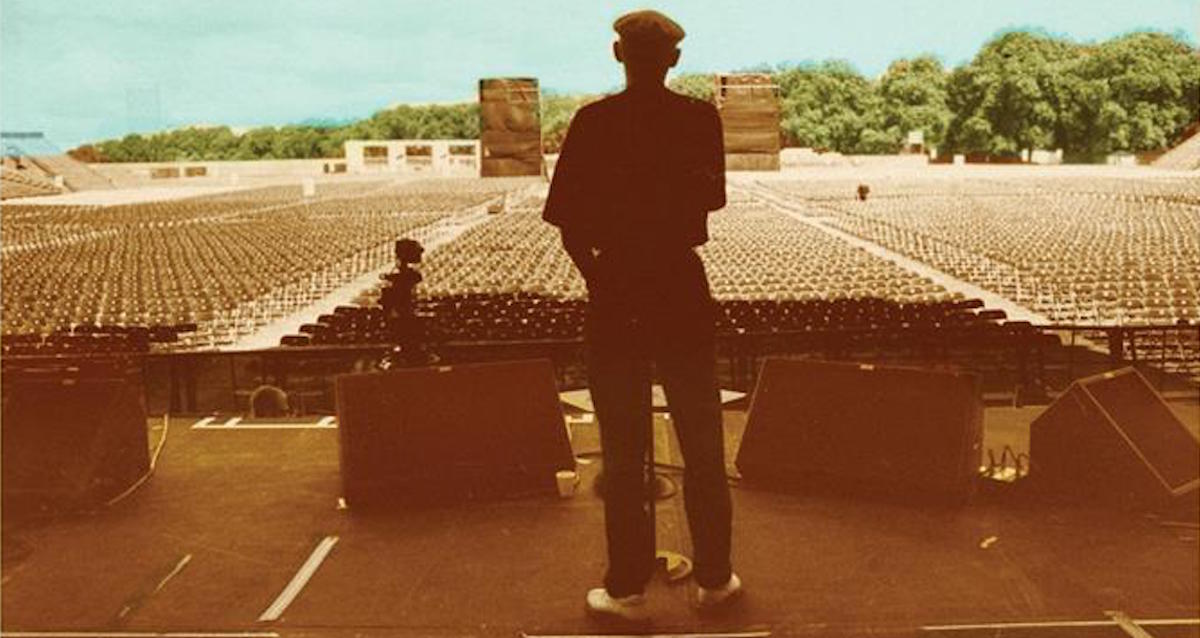Well, they did it: The product of accidental visa problems for Malian musicians in France, the Buena Vista Social Club has at last ended the animosity between Cuba and the United States and now the band is entitled to its victory-lap tour, and the release by World Circuit Records of its odds and ends collection, Lost and Found.
O.K., so maybe they aren't quite that strong a force for geopolitical change, but short of Raul and Barack bonding over boleros, it's hard to overstate the size of the shadow that the Buena Vista Social Club still casts on international understanding of Cuban music. Their debut album, released in 1997, is still the most popular “world music” recording ever, selling more than eight million copies worldwide. It was so ubiquitous that it's hard to hear that album and not flash back through a blur of bookstores and tastefully lit cafés, which the CD soundtracked and likely survived.
That, if for no other reason, is a reason to celebrate the arrival of Lost and Found. The collection of unreleased studio and live tracks varies widely in style, and as the album plays the listener is reminded of just how dynamic and singular this project was.
Smaller ensemble pieces—“Quiereme Mucho,” or “Pedacito de Papel”—were recorded for solo albums by the artists, and the spare arrangements leave room to hear the interplay between Eliades Ochoa's tres and the guitar. The recording of “Como Fue” played live in Paris has the full power of a big band: a reminder that these forms date back to pre-revolutionary Cuba, when the ports of New Orleans and Havana were neighbors and Cuba's habanera rhythm found its way to the fingers of early jazz and stride pianists, forever changing American music.
One standout after a few listens is “Black Chicken 37,” which pairs distinctly Afro-Caribbean percussion—timbales, bongos, maracas, etc.—with a violin solo by Pedro Depestre that evokes Cuban music's European Gypsy roots.
It's hard to talk about the Social Club without waxing about the past or trying to play spot the influence, but for better or worse, the band has always been revivalist at the core. Comprised of seasoned veterans when it first formed, it has never claimed to reflect contemporary Cuban music, and has in fact been criticized for being overly nostalgic for the last time the United States and Cuba were close trading partners.
But the musicality of their efforts can't be overshadowed, and there's merit apart from simple nostalgia in ensuring that the masters of the old forms are heard. Since that first album was recorded, now 19 years ago, all of the original members save for Ochoa and Omara Portuondo have passed on. It was a project that couldn't wait any longer. And as Americans are pricing flights to Cuba for the first time in over a generation, a compilation like Lost and Found could hardly be better timed.










